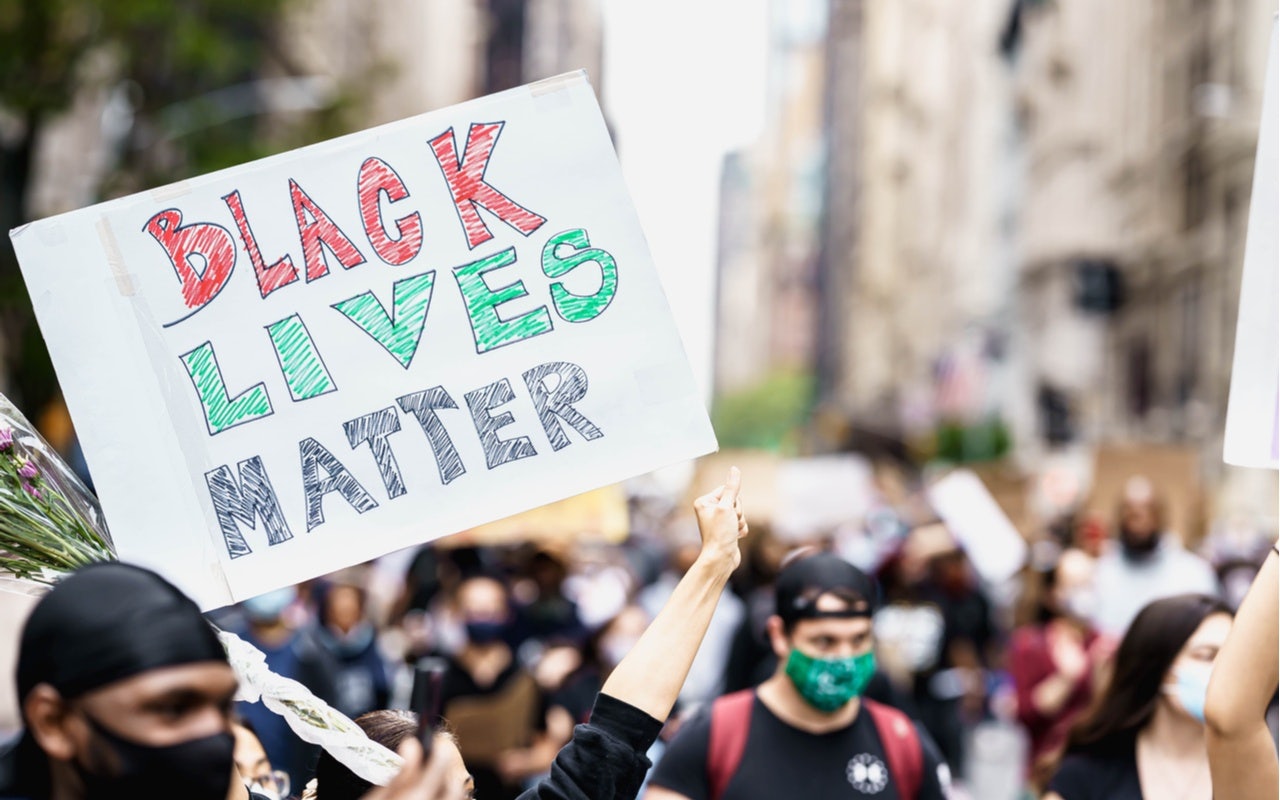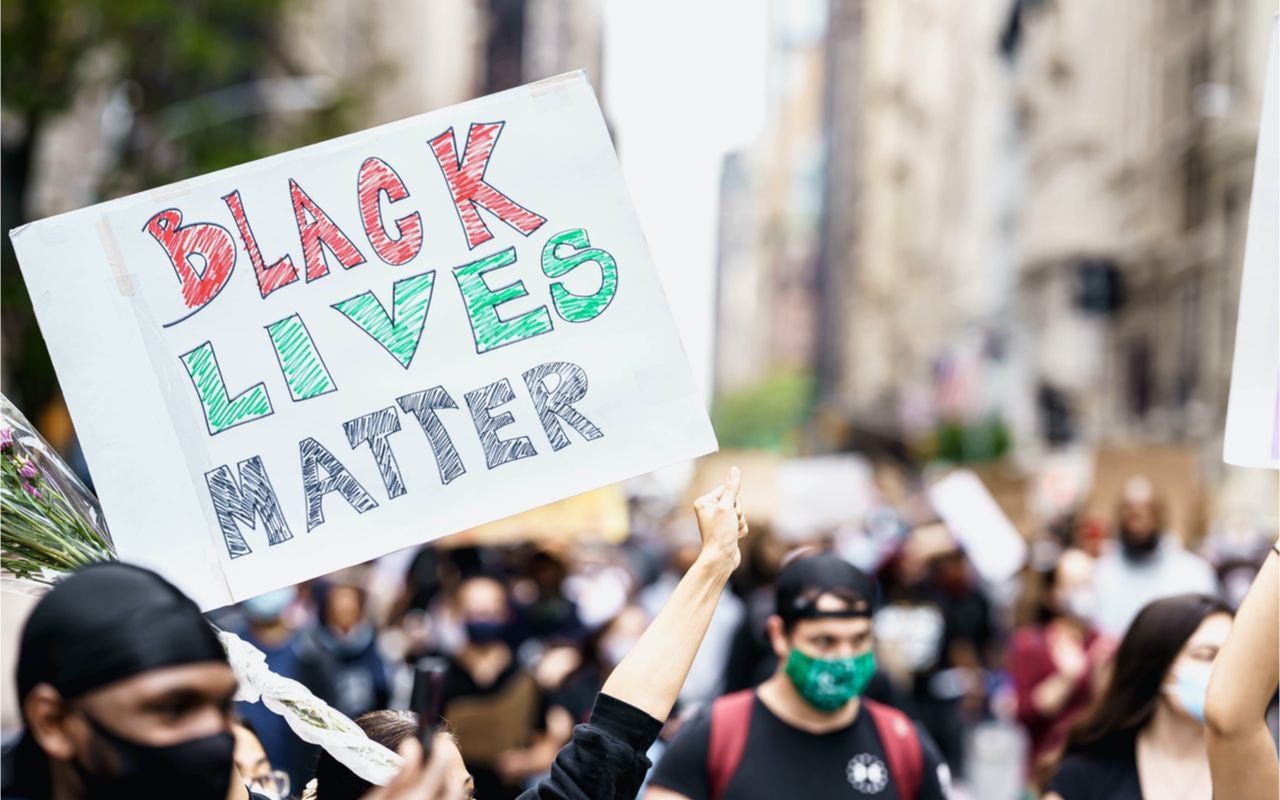2020 is the year for 20/20 vision. In the first half of this year, both COVID-19 and global anti-racism protests, ignited by the killing of George Floyd, have been a wake-up call to business leaders to get on the right side of history and present these issues to their stakeholders. Corporate Social Responsibility (CSR) serves as a playbook for businesses to do exactly that, and these recent tragedies have elevated the need for CSR to help businesses make a difference while making a profit.
In my book The Caring Economy, I advise business leaders to think of CSR as a spectrum — a spectrum of caring — instead of a point of arrival. I encourage them to declare to their stakeholders where they are on that spectrum and then commit to moving further along the spectrum toward becoming a more responsible and healthier brand.
Yet with the US economy going into an official recession and the Chinese government choosing not to set a numeric percentage goal for its annual growth, it’s become even more of a challenge for business leaders to figure out the best way forward over the second half of 2020. There is no better time for brands to decide where to put their flag on the CSR spectrum.
Exercise your CSR muscles#
Ever since the turn of the 21st century, CSR has been understood and accepted as an integral part of running a successful business. It’s also become more professionalized over the years: Standards have been established, professional degrees and associations have been developed, and businesses actively integrate CSR into their models and strategies.
Most importantly, the employees, customers, and shareholders of today and tomorrow expect more from a brand than just a single transaction. They increasingly consider the factors that are referred to as “ESG” — environment, social, and governance. As a result, ESG-oriented investments are now the fastest growing area in financial markets, which is why business leaders need to engage investors on social issues like the George Floyd murder and systemic racism.
The other key to moving a brand forward is its culture, which is incredibly important to its success and potential longevity. We all intuitively know if we’re being cared for by a brand, whether that person is an employee, a customer, or a shareholder. In the wake of George Floyd’s murder and the resurgence of Black Lives Matter, I have encouraged business leaders and aspiring leaders to first stop and consider their brand's DNA and purpose. After that, they can link these traits to a higher social purpose. In the case of George Floyd, that would be social justice.
Brands may choose climate change, the racial income divide, or the empowerment of women and girls. The key is to link a brand’s efforts to something greater than simply making a profit because data demonstrates that more responsible businesses fare better over time.
The good and bad brands#
Philanthropic giving is usually one element of a brand’s CSR efforts, as are volunteerism and employee engagement. The global protests against systemic racism over these past few weeks have reinforced this with an amazing outpouring of financial support from brands from Apple and Nike to Goldman Sachs. I think, however, that this isn’t enough. Businesses will need to dig deeper into rethinking their models and brand purposes to effect the change people need now. I’ll share examples of a ‘better angel’ and a ‘darker angel’ from the digital world to help illustrate my point, both relating to George Floyd’s murder.
The dark angel is Mark Zuckerberg’s Facebook, which recently refused to remove incendiary posts by President Trump relating to the protests over Floyd’s death. Twitter chose to label the president’s tweets as questionable while Facebook declined to do anything by saying they were a matter of free speech. I was the executive director of public relations at The New York Times for half a decade, so I understand the importance of media, the First Amendment, and the accountability associated with both. I think it’s obscene for Zuckerberg to suggest that Facebook shouldn’t be treated like a news media company and thereby shirk its responsibility for any damage it might facilitate.
Now, outraged Facebook employees have staged a virtual walk-out in protest, and many have even resigned from the company. Civil rights leaders met with Zuckerberg and COO Sheryl Sandberg during the week of the protests and claimed it was “totally confounding” that the company wasn’t taking a tougher stance on Trump’s provocative posts. Any citizen who uses Zuckerberg’s Facebook, Instagram, or WhatsApp needs to know that they are supporting this irresponsible behavior.
The better angel on the CSR caring spectrum, in an almost surreal contrast, is the LGBTQ dating app Grindr, which announced amidst the week of the George Floyd protests that they would remove ethnicity and race filters on their app.
“We will continue to fight racism on Grindr, both through dialogue with our community and a zero-tolerance policy for racism and hate speech on our platform,” stated a post on one of the app’s social media platforms. “As part of this commitment, and based on your feedback, we have decided to remove the ethnicity filter from our next release.” And beyond reviewing and revising its business model, the company said it was also making donations to the Marsha P. Johnson Institute and Black Lives Matter while urging others “to do the same if you can.”
So which brand genuinely heard the anguish of its employees, customers, and shareholders and addressed it head-on? I'm giving a thumbs up to Grindr and thumbs down to Facebook.
The right side of history#
So where on the CSR spectrum of caring is your brand vis-a-vis George Floyd’s murder? A note to all employees denouncing systemic racism will no longer be sufficient. Brands will have to launch detailed and ongoing dialogues and strategies about racism with their stakeholders. They will need to review their business models and identify the ways that they’ve contributed to systemic racism (yes, every brand has done it) and then begin to fix the problem. Most will be able to make the necessary changes to reconcile with our communities, which is the only way to be on the right side of history. Right now isn’t too late, but the clock is ticking.
This is an op-ed article that reflects the views of the author and do not necessarily represent the views of Jing Daily.
Toby Usnik is author of The Caring Economy: How to Win with Corporate Social Responsibility (CSR) and founder of Philanthropic Impact (π), a global management and social impact advisory.

